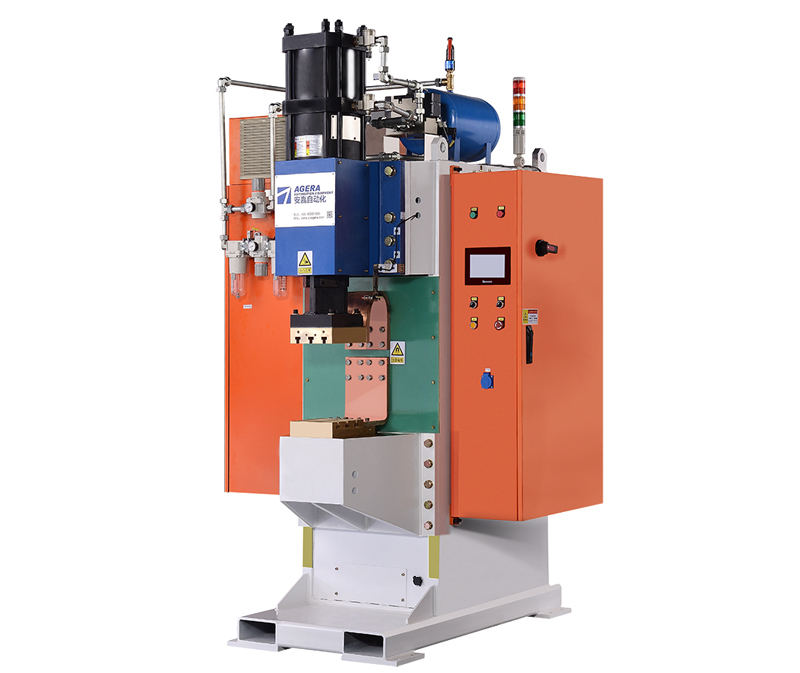In the operation of Capacitor Discharge (CD) spot welding machines, the role of cooling water is crucial to maintain optimal welding conditions and prevent electrode overheating. However, the question arises: Can overheated cooling water have a detrimental effect on welding efficiency? This article explores the potential impact of overheated cooling water on the welding process and its effects on weld quality.
The Role of Cooling Water: Cooling water serves as a vital component in CD spot welding machines by dissipating heat generated during the welding process. Proper cooling helps maintain the temperature of electrodes within a desirable range, preventing premature wear and ensuring consistent energy transfer to the workpieces.
Effects of Overheated Cooling Water:
- Electrode Performance: Overheated cooling water can result in inadequate cooling of the electrodes, leading to elevated electrode temperatures. This can accelerate electrode wear and reduce their lifespan, affecting welding performance and consistency.
- Energy Transfer: Excessive electrode temperatures due to overheated cooling water can alter the energy transfer dynamics during welding. This may result in inconsistent weld nugget formation and weaken the overall weld joint.
- Weld Quality: Inconsistent energy transfer and elevated electrode temperatures can negatively impact the quality of welds. Variability in weld penetration, nugget size, and overall joint strength may occur, compromising the integrity of the welded components.
- Equipment Longevity: Overheated cooling water can also affect the lifespan of various components within the welding machine. Prolonged exposure to high temperatures may cause premature degradation of seals, hoses, and other cooling system parts.
Preventive Measures: To ensure optimal welding efficiency and weld quality, it’s crucial to maintain appropriate cooling water temperature. Regularly monitor and adjust the cooling water temperature to prevent overheating. Implement a cooling system that includes temperature sensors, alarms, and automatic shut-off mechanisms to safeguard against temperature fluctuations.
In the realm of Capacitor Discharge spot welding machines, cooling water plays a pivotal role in maintaining electrode temperature and welding efficiency. Overheated cooling water can have a negative impact on electrode performance, energy transfer, weld quality, and equipment longevity. Manufacturers and operators must prioritize the proper functioning of the cooling system, ensuring that the cooling water temperature remains within a safe and effective range. By taking proactive measures to prevent overheating, welding operations can achieve consistent weld quality, extend equipment lifespan, and enhance overall productivity.
Post time: Aug-09-2023



